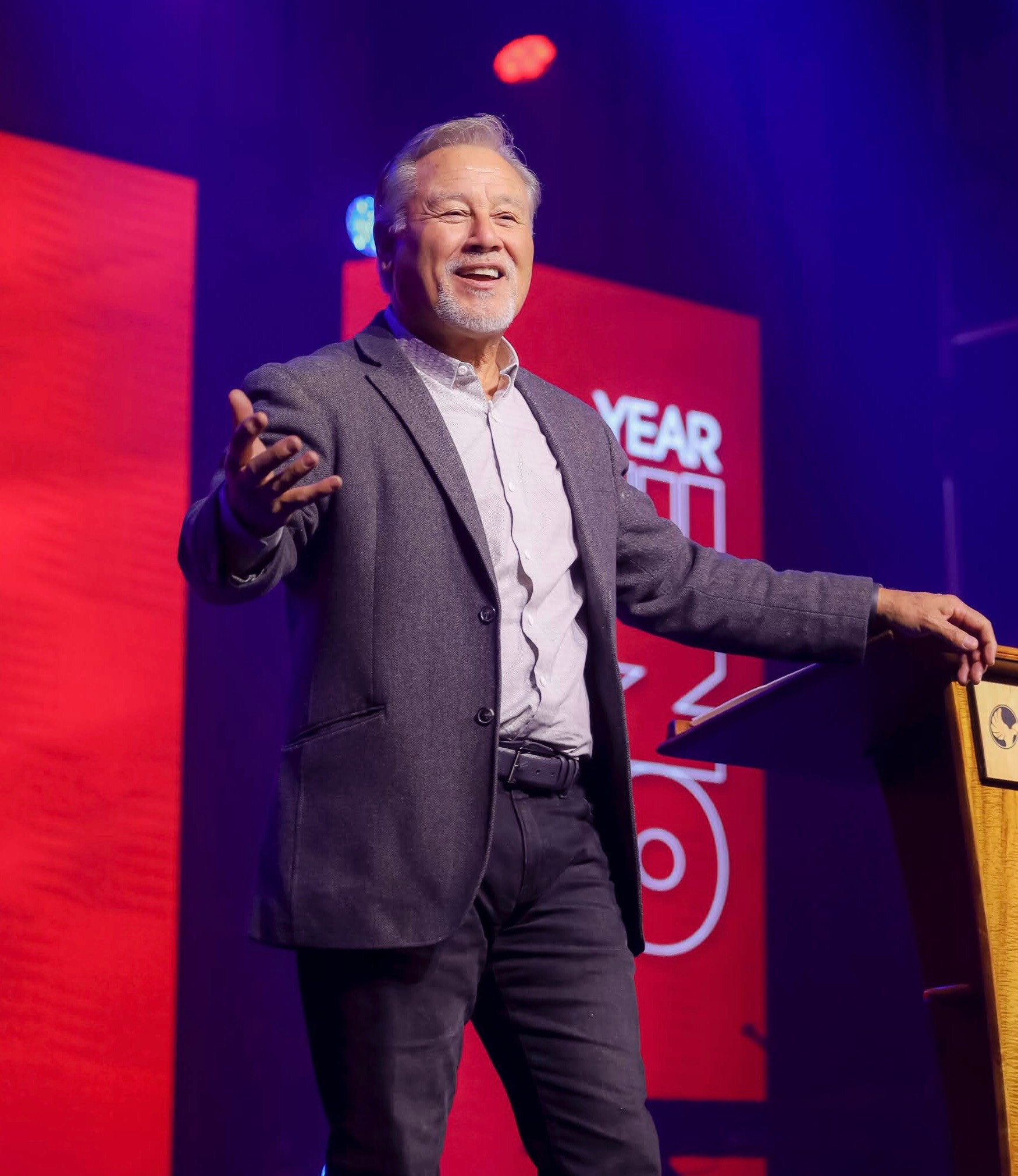
Happy Friday. It’s February 11, 2022. Today’s lesson begins with the Atonement and ends up in the wilderness … somewhere. This lesson is seldom understood but utterly foundational to our walk with Jesus. I’d encourage you, especially today, to read on …
Today's Reading:
Leviticus 15,16,17; Acts 18
Scripture
“When he finishes atoning for the holy place and the tent of the meeting and the altar, he shall offer the live goat. Aaron shall lay both of his hands on the head of the live goat … all of the iniquities of the sons of Israel, and he shall lay them on the head of the goat and send it away into the wilderness … and the goat shall bear on itself all the iniquities to a solitary land and he shall release the goat into the wilderness.” (Leviticus 16:20-22)
Observation
We have all heard the term “scapegoating.” It derives its meaning from Leviticus 16, but in its original context, it is not about some ulterior smoke-screen for the actual perpetrator. It’s not blaming someone else. It’s not dodging the truth, deceiving and hiding one’s sins by putting them onto a stooge. Instead, it has a much deeper significance. Israel was to be meticulous about taking care of sin, and the various offerings reminded them that their sins brought death. However, with the addition of the “scapegoat,” the sacrifice is let go and sent off into the wilderness.
The one that should die … is released instead.
Application
Although I must deal with my sin without cover-up, false or incomplete repentance, not every sin can be pinpointed and atoned for. For example, another person is offended by something you unintentionally did, and now it’s eating at you. An offense is held. A tidbit of gossip is overheard. An accusation is made.
Enter … the scapegoat. It's a sacrifice that is "let go." The Hebrew word is "Azazel."
Throughout life, many sins will be committed. I might be the recipient of a false indictment or a misconstrued judgment about my character or intentions. I can stew over it or send it into the wilderness. The truth is, the atonement may not only be sacrificial offerings on an altar. We may need to make room for Azazel … "letting some sins go."
It is not a compromise. It is not “unholy." It is not a concession. Instead, it is seen as part of the atonement. We must learn the principle of “Azazel.” It is part of the atonement, not a compromise of it.
Prayer
Father, thank You that we can use a broad brush dipped in the blood of the Lamb and let some things go as a holy part of the atonement. I sometimes wonder about the number of my sins that You have forgiven and covered! If I were to keep track, I wouldn’t be able to count them all! There’s a huge herd of goats in the wilderness somewhere with my name on them! Thank You for Your grace. Make me more like You.
Azazel.

